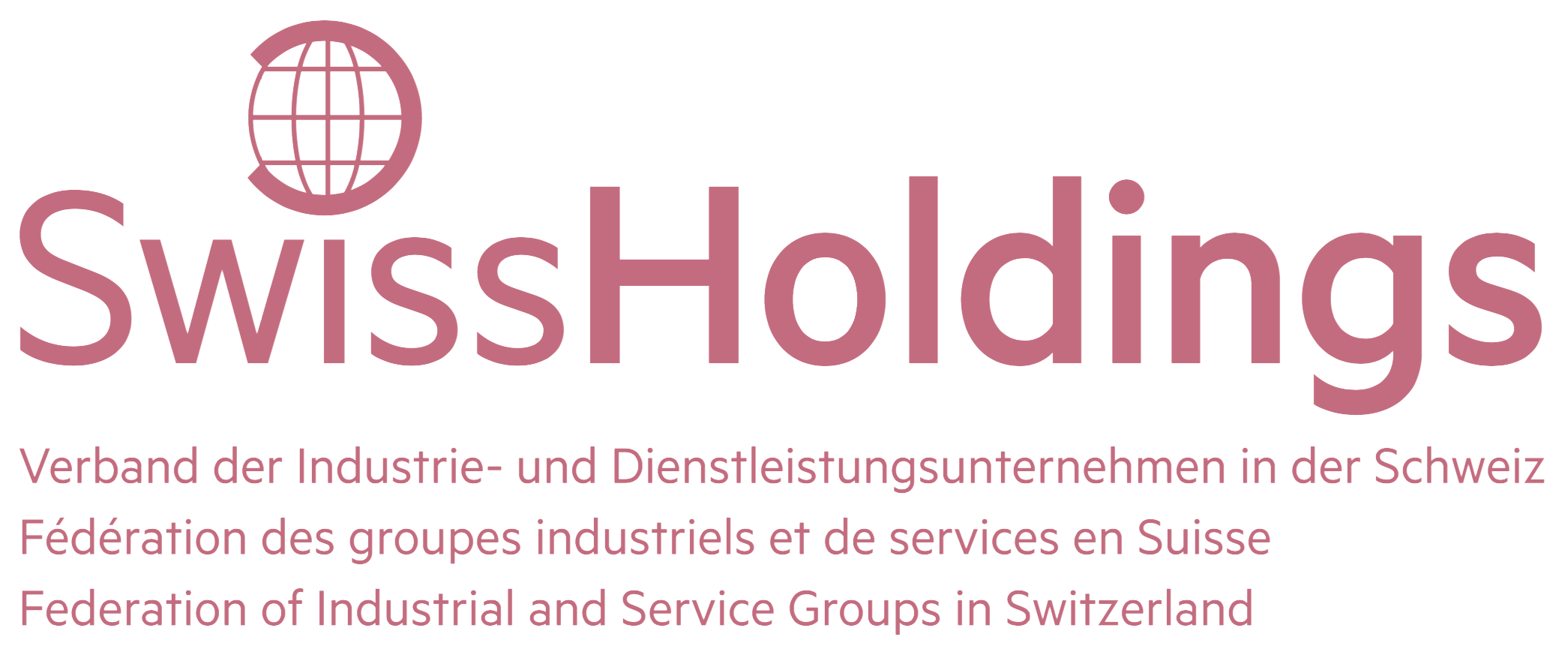SwissHoldings represents the interests of 62 Swiss-based multinational enterprises from the manufacturing and service sectors (excluding the financial sector) such as Nestlé, Roche, Novartis, ABB, Kuehne+Nagel, Schindler and Holcim.
SwissHoldings welcomes the opportunity to provide comments on the Government’s Exposure Draft – Treasury Laws Amendment (Measures for Consultation) Bill 2023. * SwissHoldings and its members are worried that the Exposure Draft legislation (as currently drafted) would result in taxation outcomes which are not consistent with the objectives of the legislation and with current and emerging international taxation norms.
SwissHoldings specific concerns are:
- There is no substance-based exclusion or an exclusion for payments made back to an ultimate parent where the parent has economic substance, meaning that the measures (as drafted) are not consistent with their objectives as a means to combat arrangements that have been structured to avoid tax.
- The Exposure Draft legislation does not address or provide for concepts associated with the Organisation for Economic Co-operation and Development (“OECD”) Pillar Two framework which are anticipated to be adopted by many countries (including Australia and Switzerland) and is inconsistent with global measures to address base erosion and profit shifting.
- The measures can lead to triple taxation of the same amount of income due to the non-recognition of taxes imposed on payments relating to intangible assets.
- The use of multiple broad definitions in the Exposure Draft legislation results in uncertainty in respect of what arrangements are within scope. That is, our member companies are not able to reliably self-asses against it.
- Such uncertainty also applies to arrangements for the sale and purchase of goods and provision of services, whereby there is only incidental use of an intangible asset and is further compounded by comments in the Exposure Draft explanatory materials regarding ‘penalties’ for mischaracterisation.
- The Draft legislation is premature as not in line and in anticipation to the adoption of the OECD Pillar 2 Guidelines, hence introducing confusion and future controversy, where the OECD’s primary objective with Pillar 2 was to come up with a new harmonized international tax system.
- We hope this submission will be helpful and that consideration will be given to our comments and that the very least consideration is given to deferring its start date to when Australia adopts the OECD Pillar Two framework to make these rules consistent with Australia’s adoption of OECD Pillar Two global minimum tax. Existing tax anti-avoidance measures already in place in Australia, such as the Diverted Profits Tax rules and the General Anti-Avoidance rules can continue to be used in the meantime to target any arrangements relating to the payment of intangibles to low tax jurisdictions where an arrangement has been structured to obtain a tax benefit.
We hope this submission will be helpful and that consideration will be given to our comments and that the very least consideration is given to deferring its start date to when Australia adopts the OECD Pillar Two framework to make these rules consistent with Australia’s adoption of OECD Pillar Two global minimum tax. Existing tax anti-avoidance measures already in place in Australia, such as the Diverted Profits Tax rules and the General Anti-Avoidance rules can continue to be used in the meantime to target any arrangements relating to the payment of intangibles to low tax jurisdictions where an arrangement has been structured to obtain a tax benefit.
Read the full statement here.
* Deductions for payments relating to intangible assets connected with low corporate tax jurisdictions (“Exposure Draft legislation” und/oder “draft measure”)

